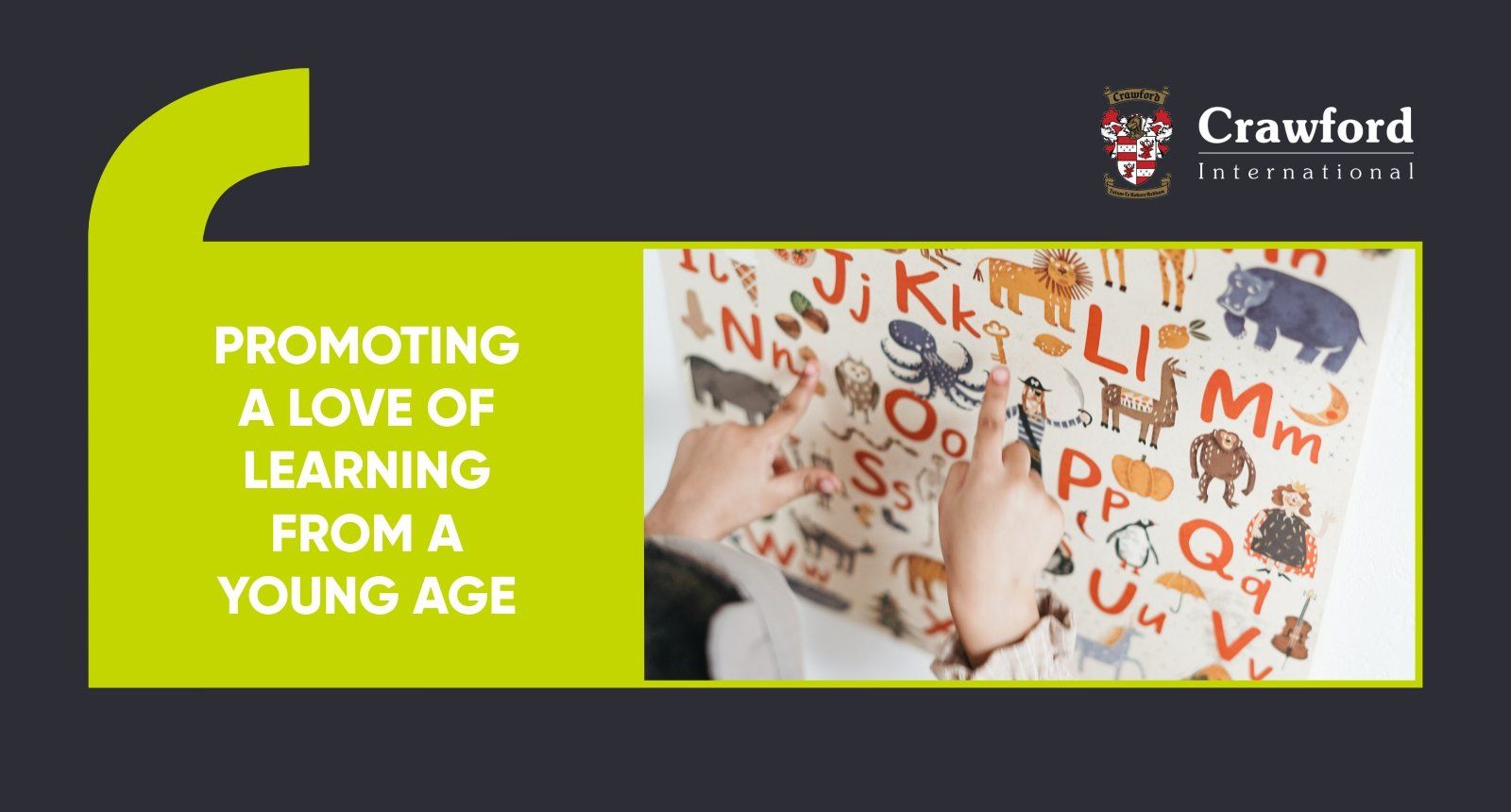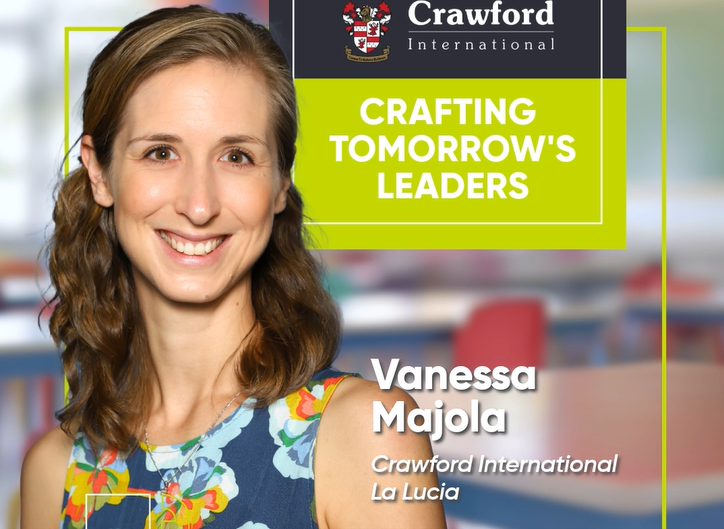Promoting a love of learning from a young age
ADvTECH Group • June 24, 2022
Children are born with an innate love of learning and their curious minds help them to engage with, and learn from, the world around them.

The early years are packed with wonder and discovery. And then they get older! Studies have shown that as children grow, their love of learning drops significantly.
Many say this comes down to the pressure we put on our children to achieve, as marks and grades come into play, whereas young children love to learn because it’s fun! What we do know for sure though is that the people who do the best at learning are generally those who love to learn. So, try and instil a love of learning in your child from as young as possible to help maintain a love of learning.
The benefits of lifelong learning
Being a philomath (that’s the fancy name for someone who loves learning), has many benefits for your child. John Field, of the Centre for Research in Lifelong Learning in the UK, says that being a lifelong learner with a thirst for knowledge empowers your child to face the changing world of the future as they…
- Are empowered with the cognitive flexibility that helps them cope with the ever-changing demands of the future world.
- Are more resilient in facing challenges academically, emotionally, and socially.
- Are more confident and self-assured.
- Develop additional life and social skills, such as good communication.
How to instil a love of learning
The key to helping your child develop a thirst for knowledge throughout their life is to ensure that learning isn’t seen as a chore. It’s fun to discover new things and it’s fun to challenge yourself. Here are some key encouragement areas:
Read, read – and read some more!
Reading, and encouraging a love of reading, is one of the best ways you can foster a love of learning in your child. What’s more, reading to and with your child also helps to develop a host of other important skills, read more about them in our blog on reading. Be sure to set aside some special reading time every day for you and your child.
When you read to them, talk about the story, ask your child what they think is going to happen next, encourage a discussion around what you’ve read. Then, make sure that all kinds of books are easily accessible to your little one; in their room, in the lounge, even in the car and kitchen. The aim is to ensure your child can find and flip through books whenever they feel like it.
Encourage curiosity
Feeling like they’re able to explore, ask questions and engage their curiosity empowers a child to feel safe when they’re learning, and inspires an ongoing attitude of learning. So, encourage your child to feed their inherent curiosity when they play at home. Let them try things out just to see what happens.
When you’re outside, let them play with a stick or jump in puddles. Ask questions that could lead to more exploration, but the aim here isn’t to answer everything. Say something like, “I wonder what will happen if you put that car here?” or, “What happens when you put a leaf in the puddle?”
Being able to indulge their curiosity also encourages your child to develop critical thinking skills and engage all their senses by ‘doing’.
Let them fail
Failing at something and being able to work through feelings of disappointment are very important life lessons. When fostering a love of learning, don’t let failure stop your child from trying again, trying in another way, or learning from their mistakes. This is because failing to do something once or twice is not the end of the world – in fact, it provides opportunities to discover alternate solutions, to find ways around obstacles.
Over time, this develops resilience, improves self-confidence, and teaches vital problem-solving and critical thinking skills. So, if your child fails at something or falls, show them they can try again and give them room and support to find the way. “I see the tower you built fell over. Let’s build it again.”
Show them you love learning too
You are your child’s biggest role model, and they will learn much more from you than you think. Displaying a love of learning in yourself will help instil the same in your child. Be curious, ask questions, even think about taking a course or two to upskill yourself. Then, model a thirst of knowledge in your home.
If your child asks you something and you don’t know the answer, it’s okay to tell them that. Say, “I don’t really know, but we could find out together!” Then, look through books or use your phone to do research. This shows your child that there are many ways to find answers, and that a person never stops learning.
Learn how Crawford International helps our students develop a love of learning here.












